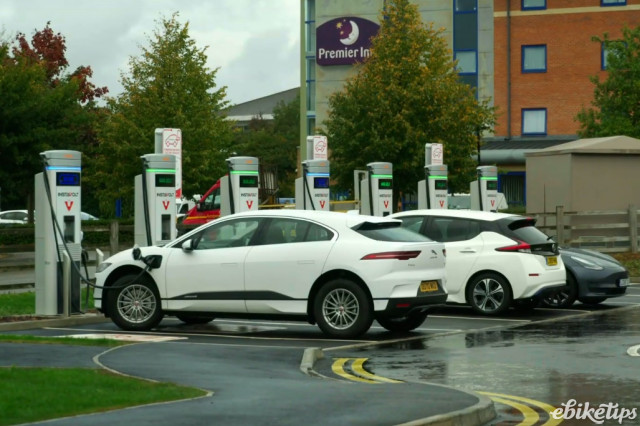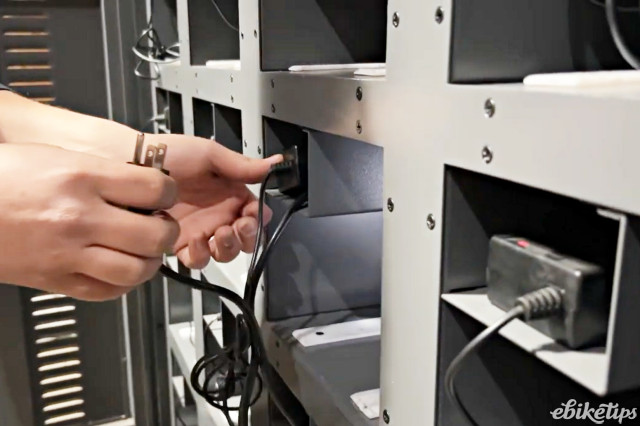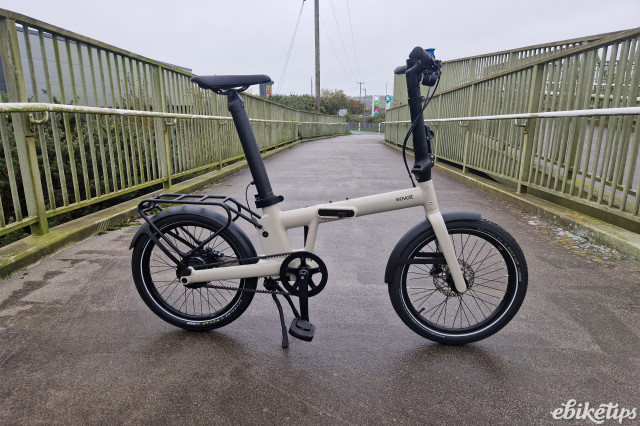The chancellor has announced that electric cars will no longer be exempt from vehicle excise duty (VED) from April 2025. Jeremy Hunt says he wants to make motoring taxes "fairer" in the expectation that half of all new vehicles will be electric by that date.
VED is a tax levied on every motor vehicle using public roads in the UK. Its structure is based on the CO2 emissions of the vehicle, which had meant that electric vehicles (EVs) were exempt.
The sale of new petrol and diesel cars is due to be banned from 2030.
Announcing his decision, Hunt said: "Because the [Office for Budget Responsibility] forecasts half of all new vehicles will be electric by 2025, to make our motoring tax system fairer I've decided that from then, electric vehicles will no longer be exempt from vehicle excise duty."
The change means that while owners of electric cars sold from April 2025 will pay a lower rate for the first year, after that the standard rate – currently £165 a year – will apply. Owners of older electric cars will immediately go from not paying VED to the standard rate.
Barrier
Reacting to the news, AA president Edmund King said: "This may delay the environmental benefits and stall the introduction of EVs onto the second-hand car market. Unfortunately the chancellor's EV taxation actions will dim the incentive to switch to electric vehicles."
Patrick Reich, co-founder and CEO of EV charging app Bonnet, said: “At this critical time for our environment it is infuriating that the UK government would throw up a new barrier for people looking to change from a polluting car to electric power.
“We should be speeding up the transition to zero emission transport, not slowing it down. While it’s accepted that as millions more people climb into electric cars that they would eventually have to pay some form of road pricing, the proposed 2025 timetable is too soon and could discourage people from switching earlier.”
Congestion
However, the move was welcomed by the Local Government Association. Its transport spokesperson, David Renard, highlighted how electric cars still contributed to congestion and wear and tear on roads.
"It's only fair then that drivers contribute towards these additional costs and help support investment in even lower carbon alternatives such as public transport, buses, cycling and walking," he said.
Ralph Palmer, of lobby group Transport and Environment, told the FT: “Whilst EV drivers should contribute to infrastructure and maintenance through taxes, this should be accompanied by a broader shift to more effectively tax polluting cars too, particularly at the point of purchase.
“Not maintaining or widening the tax differential between electric and emitting cars is a massive own goal and risks stifling the progress the UK has made on electrification.”
Fuel duty hike
However, while there was no mention of it in the Autumn Statement, fuel duty could be increased by 23 per cent in the spring, according to the Office for Budget Responsibility (OBR).
In its document released alongside the Chancellor’s statement, it said the rise was planned for late March 2023. This is expected to raise the price of petrol and diesel by around 12p per litre.
The OBR said this would be a record cash increase, and the first time any Government has raised fuel duty rates in cash terms since January 1, 2011.






